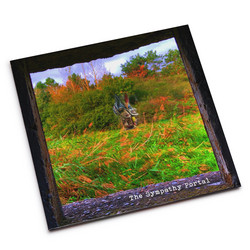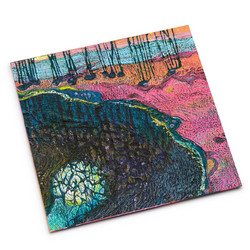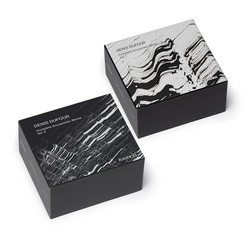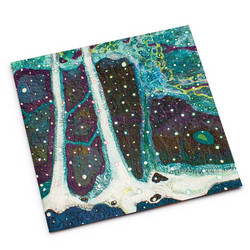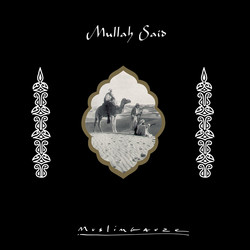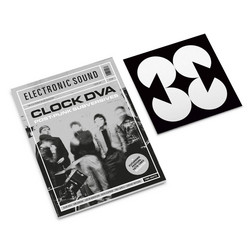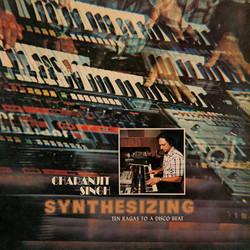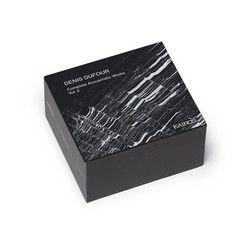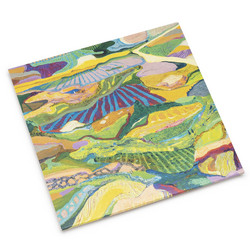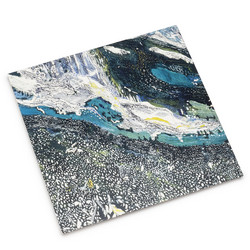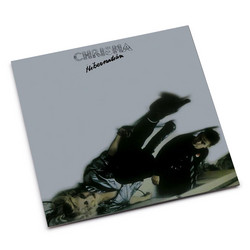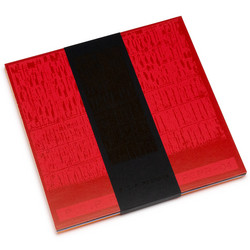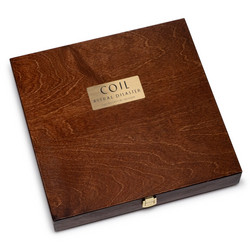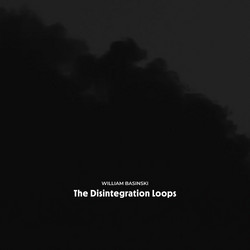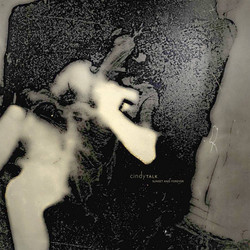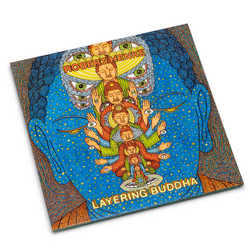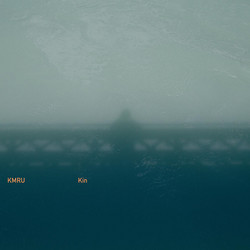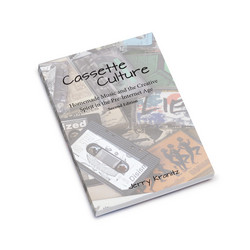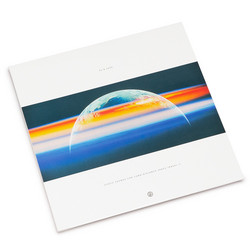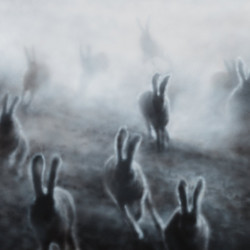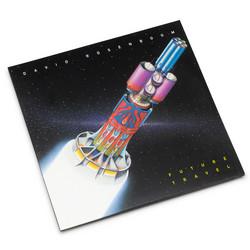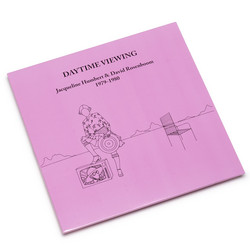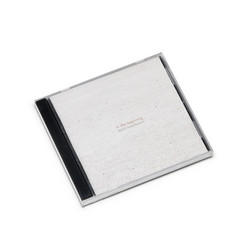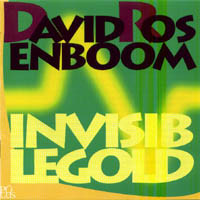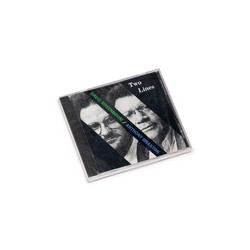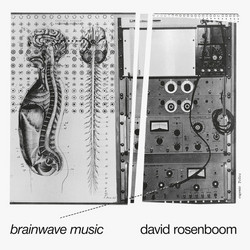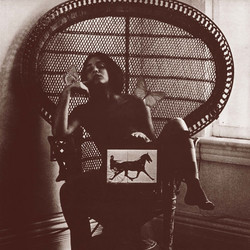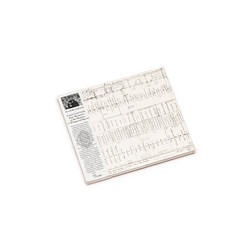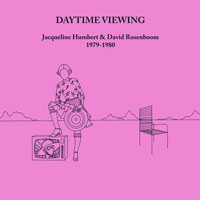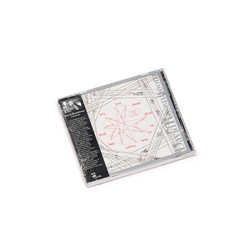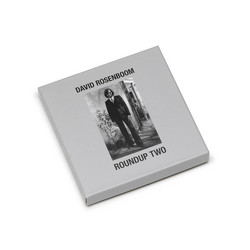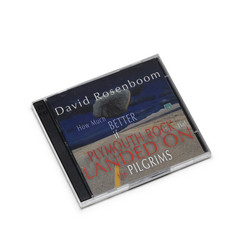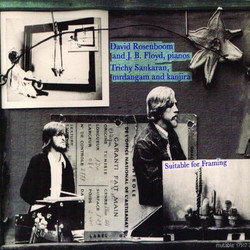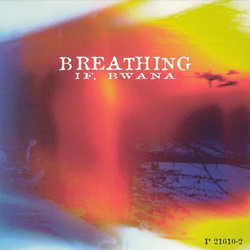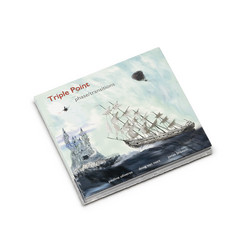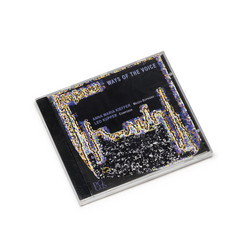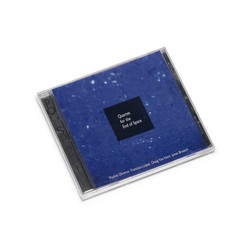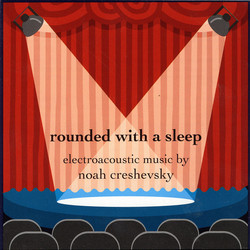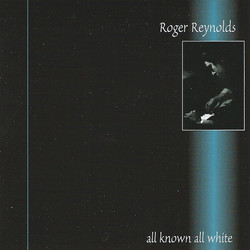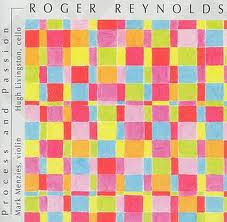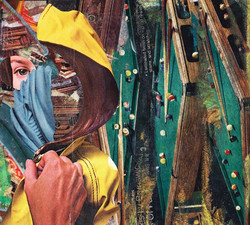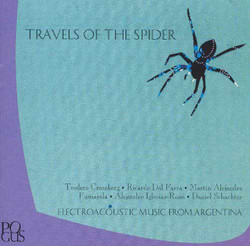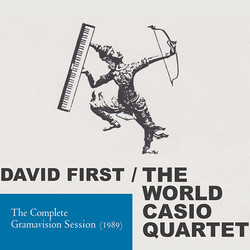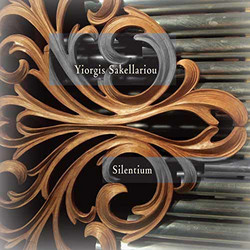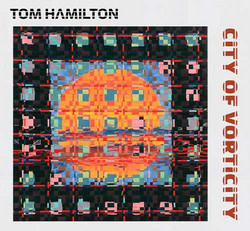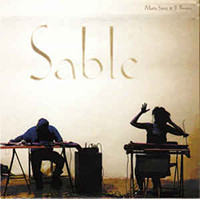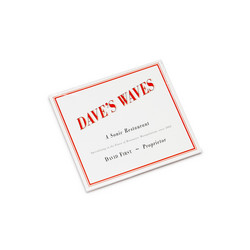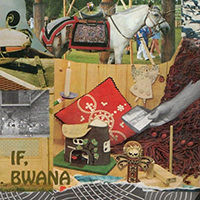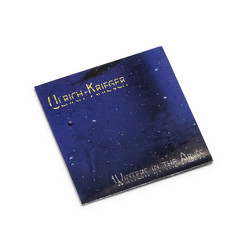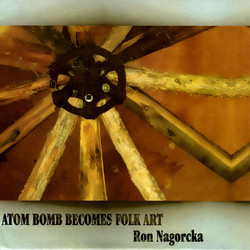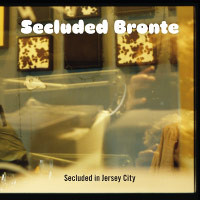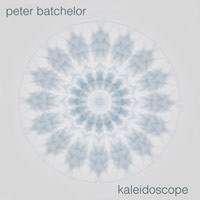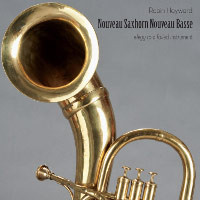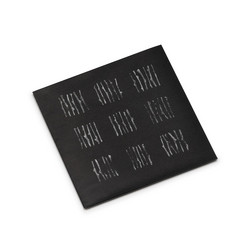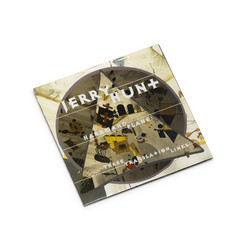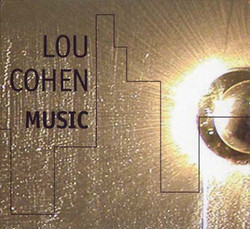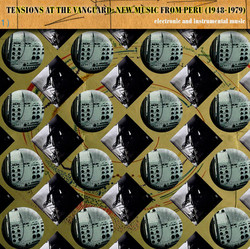David Rosenboom (b.1947) is considered a pioneer in American experimental music. This release of his Zones of Influence (1984-85) documents for the first time the complete version of a major composition for percussion and computer electronics that introduced new virtuoso performance techniques along with significant developments in real-time algorithmic composition and advanced interactive linking of percussion instruments with software. Few solo percussion works exist with the scope of this composition. Though the work has been performed extensively, it has never been fully recorded for public release until now. Zones of Influence is a five-part cycle of works for in which the percussionist's performance is processed and transformed in a special way. This way involves not just transforming the percussion instruments' sounds on an acoustic level, but processing based on information contained in complex patternings manifested in the percussionist's performance. This constitutes real-time algorithmic processing or algorithmic composition driven by the musical structure of what the percussionist plays. For its time, Zones of Influence introduced historically innovative approaches to how real-time compositional algorithms may be considered as key components of a score. It also introduced a technique for making sequences of continuously evolving variations on musical materials, called morphological transformations . These transformations, in turn, outlined musical trajectories in what qualities; and from a system of multi-part counterpoint made with these trajectories, the musical materials of Zones of Influence emerged. Indeed, all the musical materials for Zones of Influence were generated with these tools, starting with the musical features contained in two long, 60-note, melodies, which were freely composed in advance. Each of the five works in this set involves entirely different percussion setups, written scores and computer algorithms. Since the piece was composed before the proliferation of MIDI (Musical Instrument Digital Interface), special interface electronics were constructed to connect the percussion instruments to a computer assisted digital instrument known as the Touché. This innovative, computer instrument was collaboratively designed by Donald Buchla and David Rosenboom in Berkeley, Ca, in 1979-1980. Zones of Influence was written for percussionist, William Winant and the Touché. David Rosenboom is a composer, performer, interdisciplinary artist, author and educator known as a pioneer in American experimental music. During his long career, he has explored ideas about the spontaneous evolution of musical forms, languages for improvisation, new techniques in scoring for ensembles, multi-disciplinary composition and performance, cross-cultural collaborations, performance art and literature, interactive multi-media and new instrument technologies, generative algorithmic systems, art-science research and philosophy, and extended musical interface with the human nervous system. William Winant (b. 1953) is a multi-faceted percussion artist with over 200 recordings, has collaborated with such renowned artists as John Cage, Iannis Xenakis, Anthony Braxton, James Tenney, Cecil Taylor, George Lewis, Steve Reich, Frederic Rzewski, Joan LaBarbara, Oingo Boingo, Kronos Quartet, Sonic Youth, Mr. Bungle, Yo-Yo Ma, Mark Morris, Merce Cunningham, San Francisco Contemporary Music Players, and Abel-Steinberg-Winant Trio. Composers who have written for him include John Cage, Lou Harrison, John Zorn, Alvin Curran, Chris Brown, David Rosenboom, Larry Polansky, Gordon Mumma, Alvin Lucier, Terry Riley, Fred Frith, and Wadada Leo Smith. He teaches at Mills College and the University of California at Santa Cruz.
